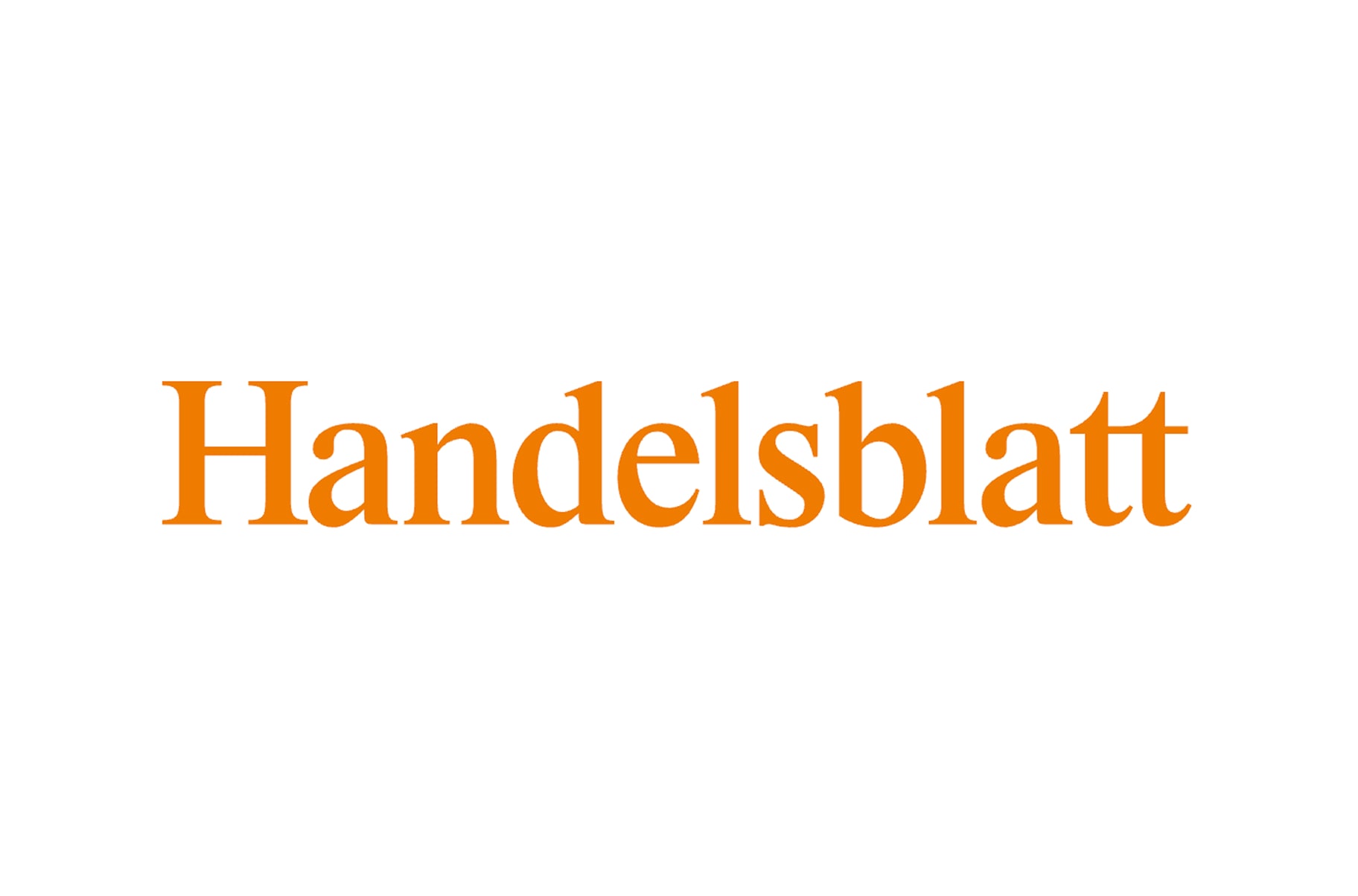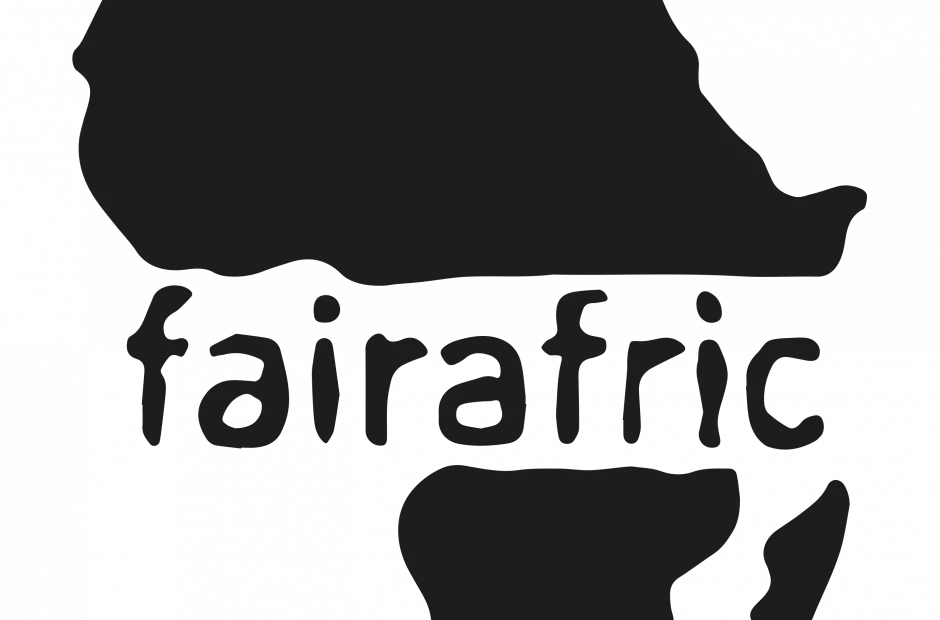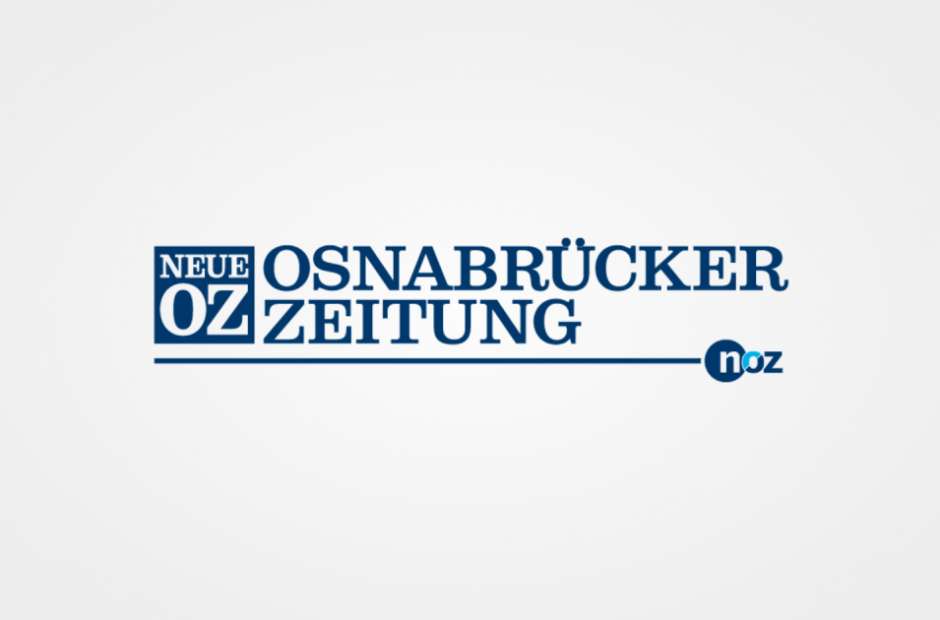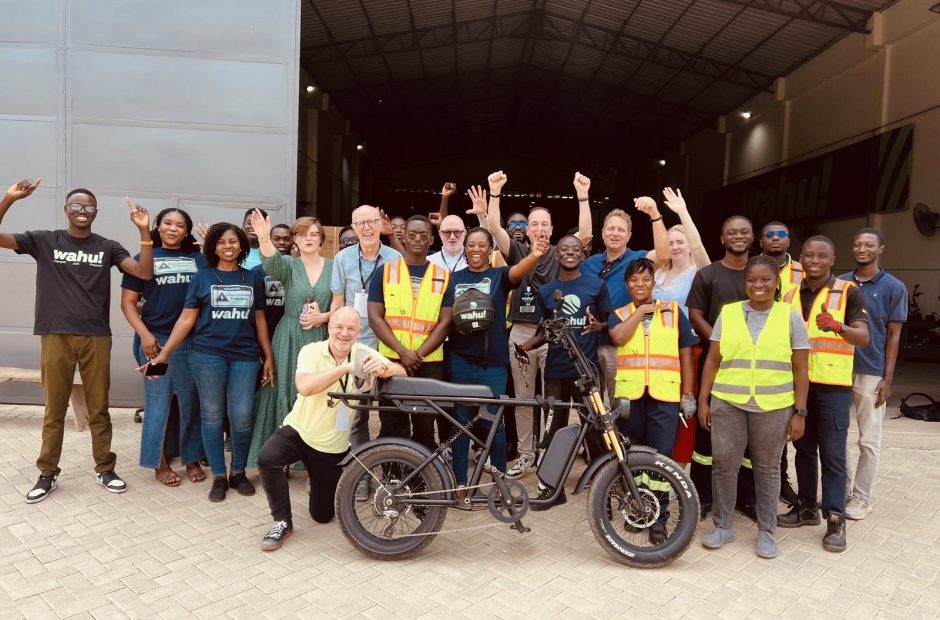The latest report in Handelsblatt sheds light on a new generation of entrepreneurs who combine the principle of giving with modern financial instruments. It particularly highlights the work of fair equity, a non-profit limited company dedicated to supporting start-ups and SMEs in Africa. Its approach: instead of traditional development aid, fair equity focuses on sustainable investments, the proceeds of which in turn flow into local social projects.
Karsten Wulf, co-founder of fair equity, emphasizes the need for a paradigm shift in development cooperation. Instead of pure donations, which often achieve one-off effects, fair equity invests strategically in companies that create jobs and build long-term economic structures. Profits from these investments are not distributed to investors, but reinvested directly in charitable projects. This creates a self-sustaining cycle that promotes both economic and social sustainability.
One example of this approach is the planned entrepreneurial trip to Ghana. There, the fair equity team wants to work with local start-up founders and students to find out what support – in addition to financial resources – is crucial for long-term success. This direct exchange is part of fair equity’s philosophy: development aid at eye level, with the aim of creating structures that function independently of external aid.
With this innovative strategy, fair equity not only aims to provide capital, but also to bring knowledge, networks and entrepreneurial experience to the African markets. The Handelsblatt article shows: This form of impact investing could revolutionize the classic foundation idea – and fair equity is a pioneering model for sustainable development aid.





